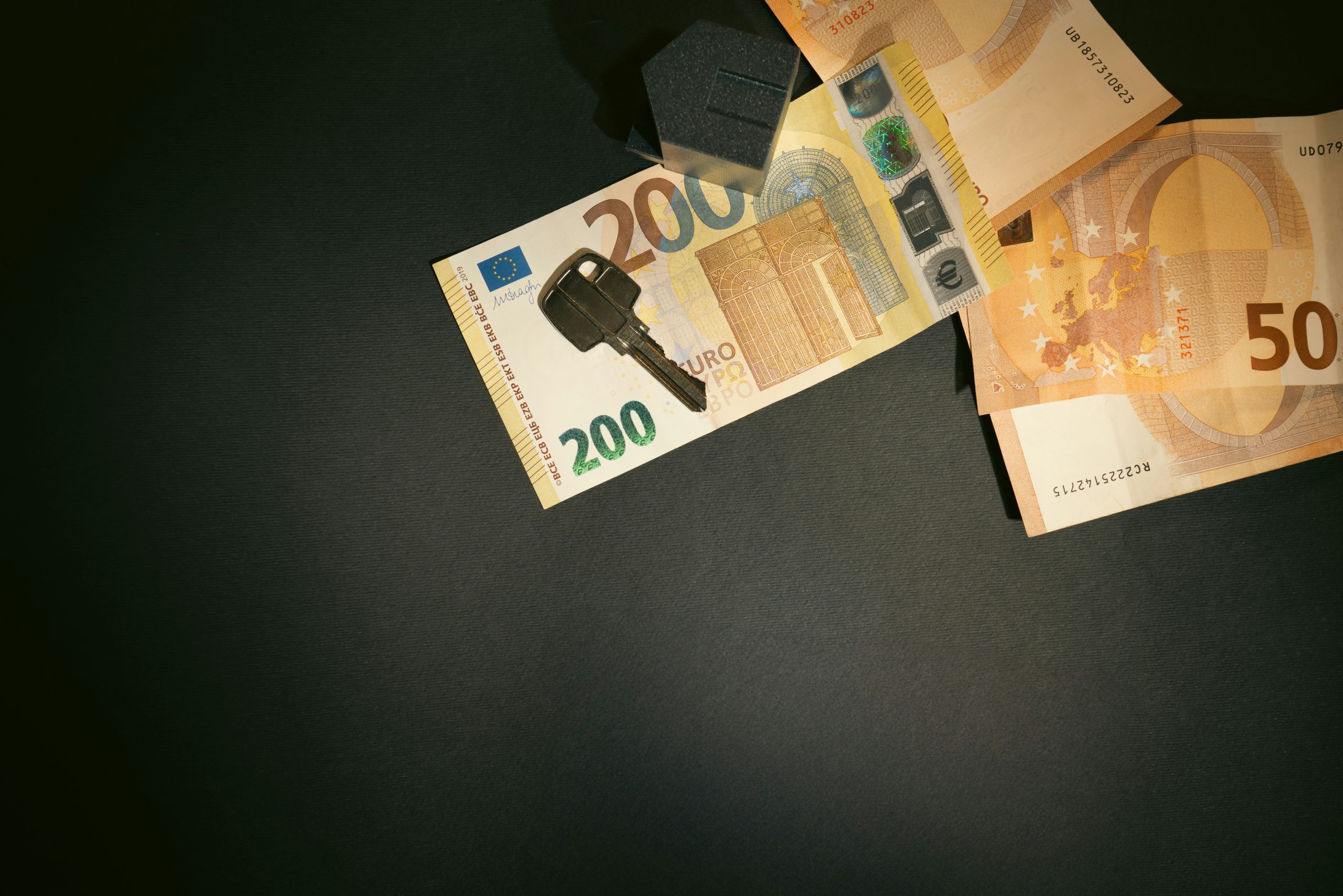Apple Faces Major Setback as EU Court Rules on Tax Dispute
In a landmark ruling that could redefine the landscape of corporate taxation in Europe, Apple Inc. has lost its long-standing legal battle concerning tax payments in Ireland. The European Court of Justice has mandated that the tech giant cough up a staggering 13 billion euros, approximately 14.3 billion dollars, in back taxes, marking a significant blow to its financial strategy and future growth plans. This decision comes as the culmination of a decade-long dispute, emphasizing the European Union's stringent position on tax compliance and its commitment to uphold state-aid rules.
The heart of the matter revolves around a 2016 ruling by the European Commission, which found that Ireland had unlawfully granted Apple tax benefits that allowed the company to pay substantially less tax than other corporations. This ruling positioned the EU as a formidable regulator in the tech industry, and the recent court decision reinforces its authority in enforcing compliance against major corporations that seek to exploit tax loopholes.
Industry analysts suggest that Apple’s growth in the future will likely rely on selling more expensive devices and accessories to its existing user base, such as AirPods and Watches, as opposed to merely increasing the number of iPhone sales. This shift in strategy has prompted questions regarding the sustainability of Apple's business model in an era where regulatory scrutiny is intensifying.
The implications of this ruling extend far beyond Apple. It sends a clear message to other tech giants operating in Europe that they too must align their tax strategies with EU regulations or risk facing similar penalties. The ruling is expected to further fuel the ongoing debate about fair taxation in the digital economy, where many companies have been accused of underpaying taxes through complex corporate structures and international arrangements.
As the dust settles on this high-profile case, the EU is poised to continue its aggressive stance against tax evasion and avoidance, potentially leading to more stringent regulations that could reshape the business environment for multinational corporations. The ruling may also encourage other countries to reassess their tax policies and practices to ensure they are not inadvertently providing undue advantages to foreign firms.
In conclusion, Apple’s recent court loss is not just a setback for the company; it is a watershed moment for corporate taxation in Europe. As the EU intensifies its efforts to hold tech companies accountable, the landscape for business operations within the region is likely to become more challenging. Companies will need to navigate these complexities carefully to avoid hefty penalties in the future, making compliance an essential focus for corporate governance in the tech industry.











